National Day of Human Trafficking Awareness: How To Show Support
So, here are 5 ways to show support during the National Day of Human Trafficking Awareness.

January is National Human Trafficking Awareness month in the United States. January 11th marks the official National Day of Human Trafficking Awareness.
This day serves to spotlight the heinous crime of human trafficking, which affects all countries globally. It also persists as one of the most profitable criminal enterprises worldwide.
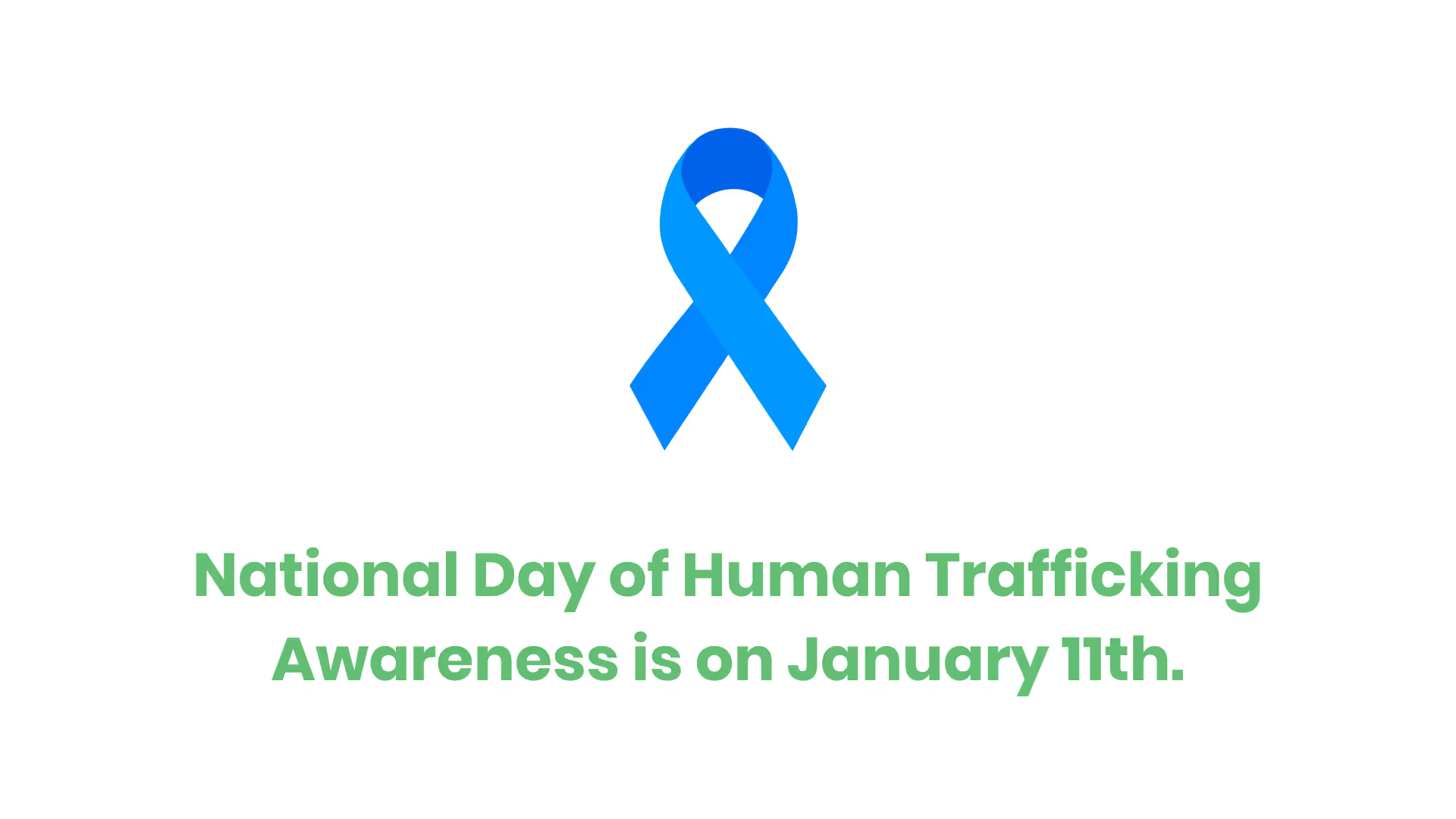
It’s everyone’s job not only to recognize that human trafficking exists but also to work toward ending it.
However, a lot of people don't feel equipped or know how they can go about showing their support for human trafficking initiatives.
So, here are 5 ways to show support during the National Day of Human Trafficking Awareness. Whether it be through financially supporting anti-trafficking organizations, exhibiting acts of kindness, or even just raising awareness about the issue amongst your own circles!
The Current State of Human Trafficking
Definitions of Human Trafficking
Depending on the state you reside in, human trafficking’s definition changes slightly.
However, the widely accepted definition of human trafficking is, “the unlawful act of transporting or coercing people in order to benefit from their work or service typically in the form of forced labor or sexual exploitation.”
It’s also categorized as “modern-day slavery”.
There are multiple forms of human trafficking which include:
- Forced labor
- Domestic servitude
- Commercialized sex
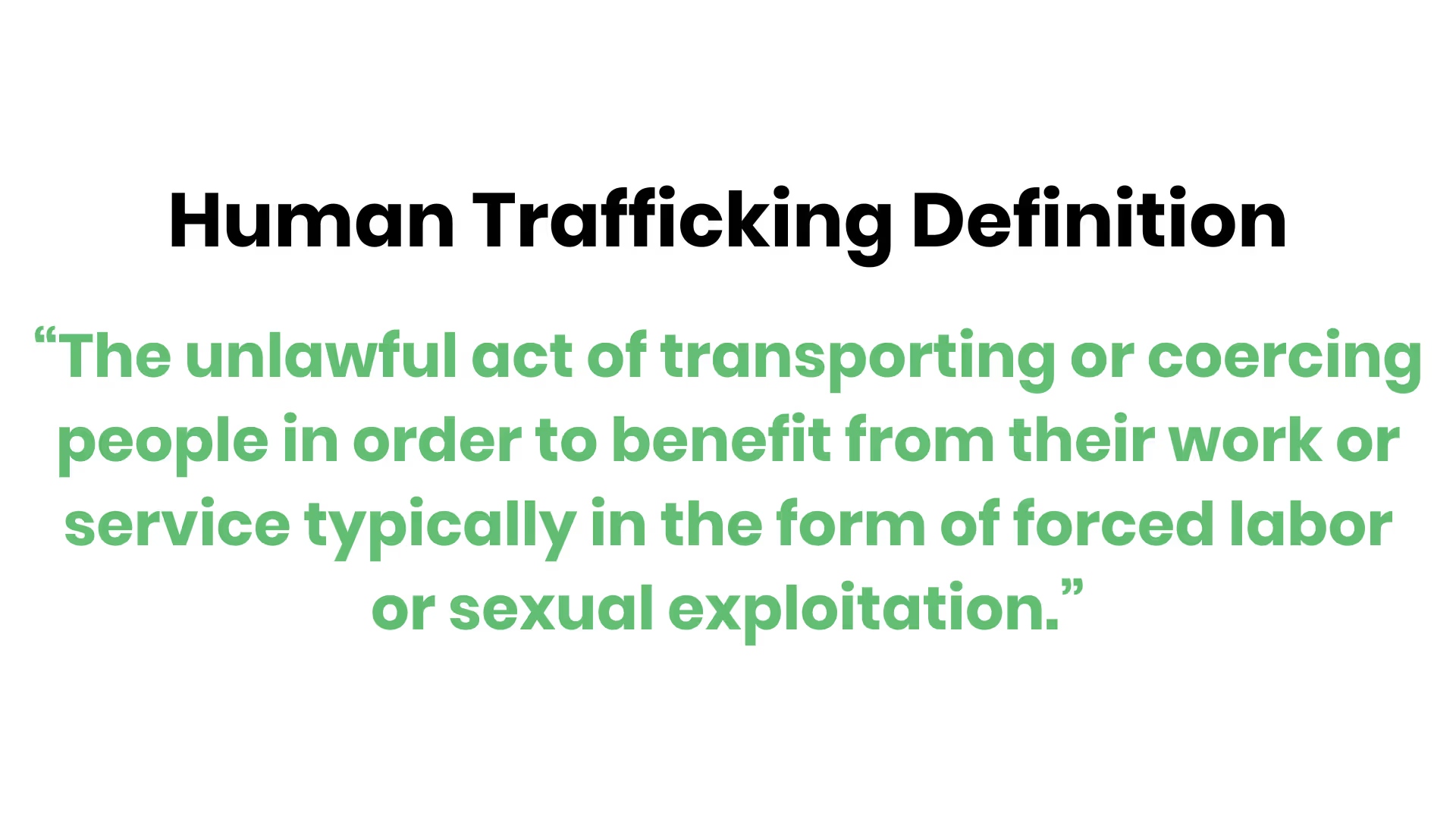
Believe it or not, forced labor is the most prevalent form of human trafficking. There were over 2,500 potential survivors identified in 2019 alone.
Forced labor is the most prevalent form of human trafficking. It’s predominantly in the agriculture, manufacturing, and construction industries.
Domestic servitude occurs when traffickers force individuals to work in private households as…
- Cooks
- Caregivers
- Cleaners
Meanwhile, sex trafficking occurs when individuals must perform sexually exploitative acts.
A Growing Crime in America
According to the International Labour Organization (ILO), almost 50 million people were living in modern slavery in 2021.
Not to mention the fact that over 70% of all victims are female.
In other words, human trafficking is a global pandemic that affects people from all over the world.
Unfortunately it’s a growing issue in the United States. The National Human Trafficking Hotline received over 51,000 tips in 2020 alone. One of the reasons human trafficking is so prevalent is that t’s a highly profitable crime.
The ILO estimates that human trafficking generates over $150 billion in annual profits. That places the profitability of this crime just behind drug trafficking and arms dealing.
Causes of Victimization
There are many different factors that make individuals vulnerable to human trafficking.
According to the Department of Homeland Security, the 5 main contributing factors that traffickers exploit during victimization include…
- Psychological or emotional vulnerability
- Economic hardship
- Lack of a social safety net
- Natural disasters
- Political instability
Sometimes traffickers lure individuals with false promises of good jobs or education opportunities. Meanwhile, other traffickers may resort to using violence or coercion.
Ways to Support National Human Trafficking Awareness Day
It’s important to raise awareness about human trafficking and the ways in which it impacts individuals and communities.
National Human Trafficking Awareness Day is an opportunity to educate people about the signs of human trafficking. It’s also an opportunity to support organizations that are working to combat it and provide support to survivors.
Way #1: Listen to Human Trafficking Awareness Podcasts
As you’ll learn, one of the best ways to celebrate the national day of human trafficking is by making yourself more aware of it.
Taking time to learn definitions, signs, and resources available to help are all invaluable
But, where do you start? Sure, a quick Google search is helpful. But, the world’s most powerful search engine only goes so far and it sometimes doesn’t provide you with accurate information.
Enter podcasts.
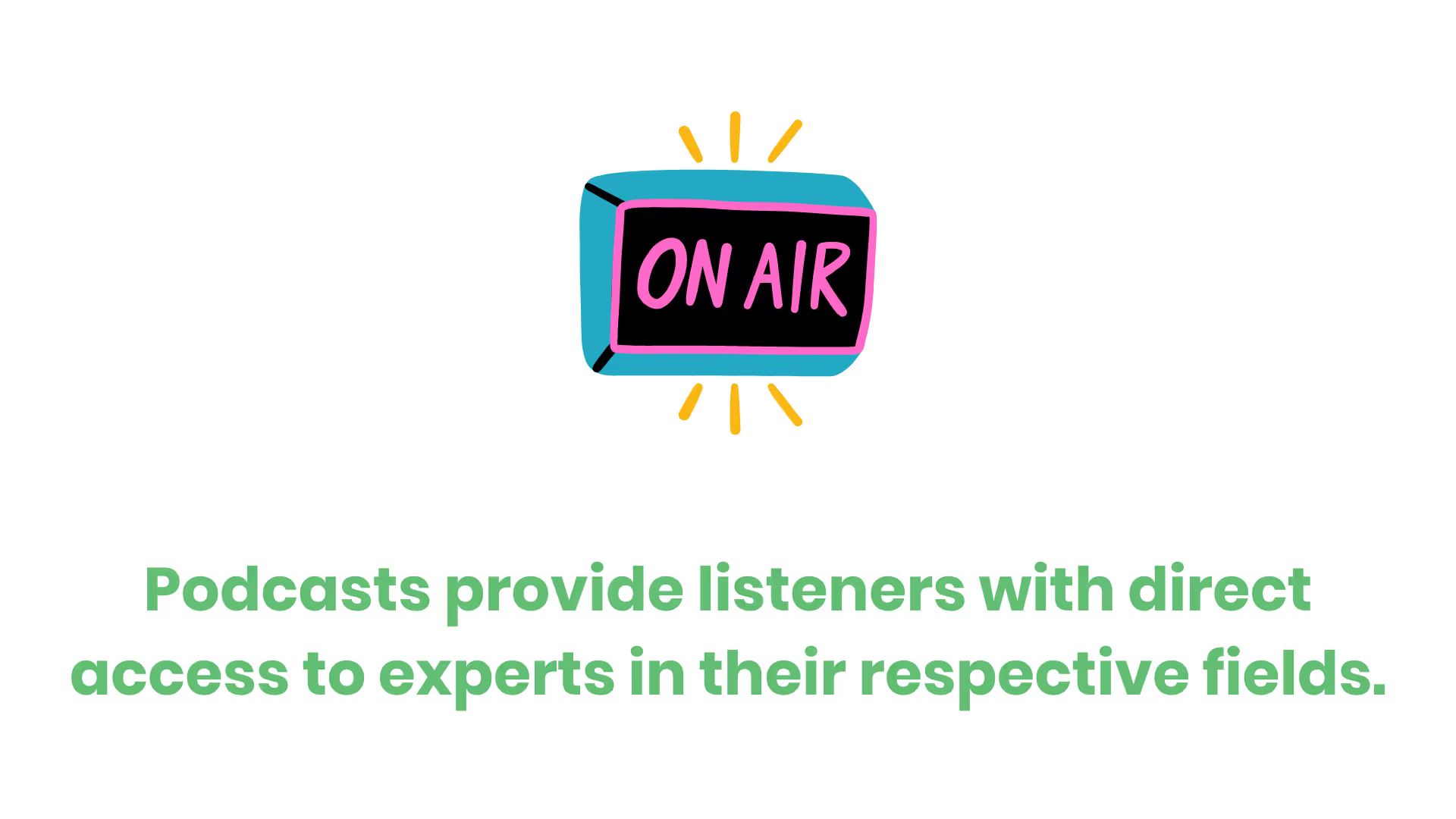
This form of content provides listeners with direct access to experts in their respective fields.
We’ve worked alongside the Former Department of Justice Director for Human Trafficking, Bill Woolf, to produce our human trafficking awareness podcast, Rush Hour: The Congestion of Human Trafficking in America.
Our podcast exists to bring awareness and a voice to those affected by human trafficking. Hear firsthand accounts, discover helpful tips and resources - all in one place so you can stay informed on this critical issue.
Way #2: Social Media
I’m confident that you’re likely familiar with the power of social media. I’m also certain that you know it’s sometimes utilized to spread misinformation.
However, positive support for a cause can go a long way on the internet.
For example, if you were scrolling through your Instagram feed on June 2, 2020, you likely came across many accounts posting nothing but a black square with the hashtag #BlackoutTuesday.

#BlackoutTuesday was an entire social media movement. It happened in solidarity towards George Floyd, Ahmaud Arbery, and Breonna Taylor. As you can see from the image above, the movement led to millions of participants.
Even if you’re not an influencer or have a massive following, you can make a positive impact on social media. Following a human trafficking awareness trainer, government official, or non-profit leader is a step in the right direction.
Some popular hashtags used for raising human trafficking awareness are #EndTrafficking and #NHTAW.
Way #3: Local Events and Workshops
Another way to raise awareness is through events and activities related to National Human Trafficking Awareness Day.
There are a ton of great organizations operating in local communities across the country that host local awareness events.
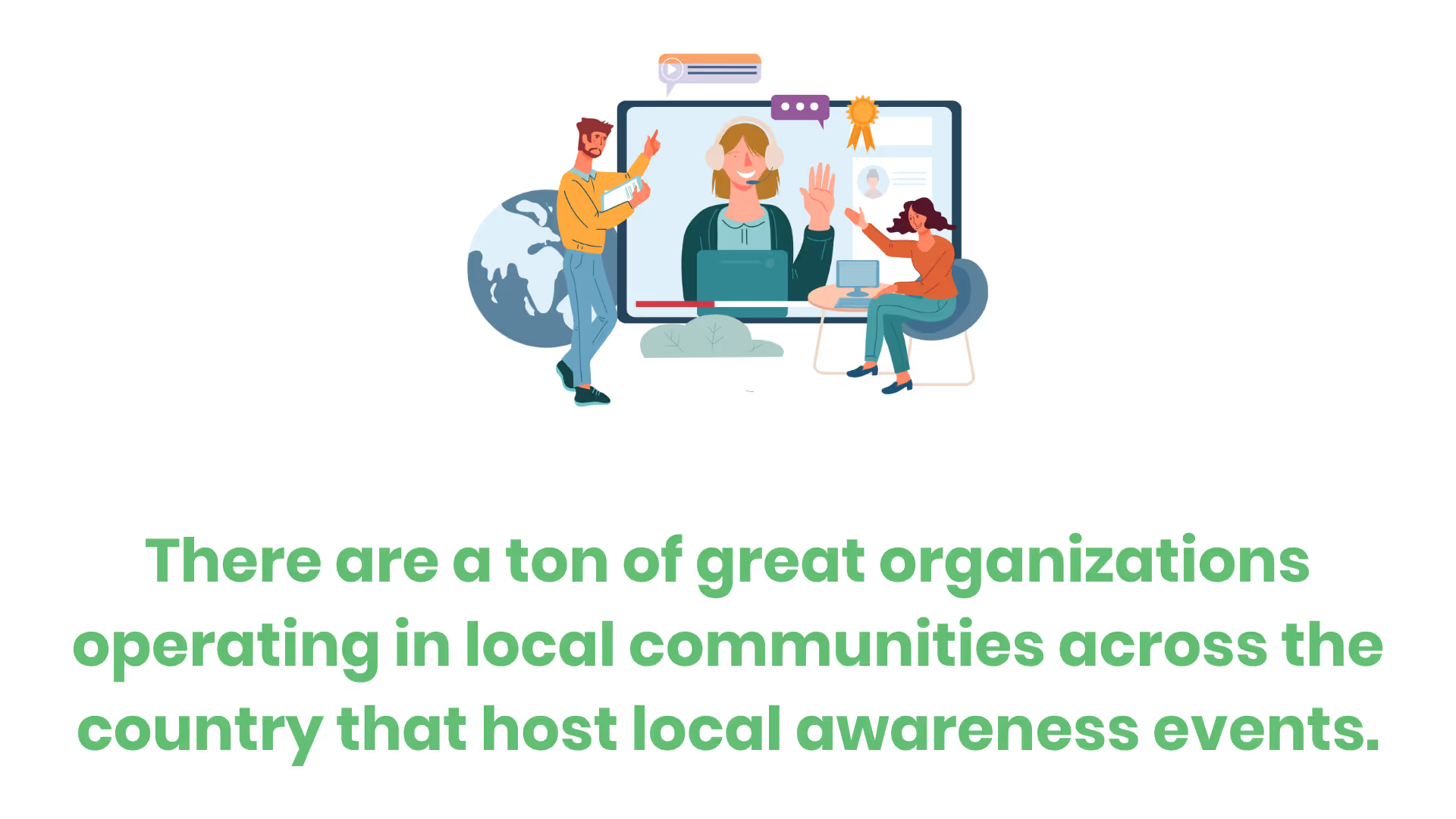
The events they host range from educational workshops to full-fledged awareness campaigns. Each of which exist to educate people about human trafficking and provide support to survivors.
You can use social media or Google to find upcoming events in your area. It’s that easy!
Way #4: Support Local Nonprofits
While we’re on the topic of helpful organizations, the majority of them are nonprofits.
As philanthropist Laura Arrillaga-Andreessen put it, “Nonprofits are the intermediaries between generosity and social change.”
Of course, the caveat with nonprofits is just that…they’re not operating to increase their bottom-line revenue.
Thus, it’s important to support the nonprofit organizations that are working to combat human trafficking. Especially when you consider that most of them also work towards supporting survivors.
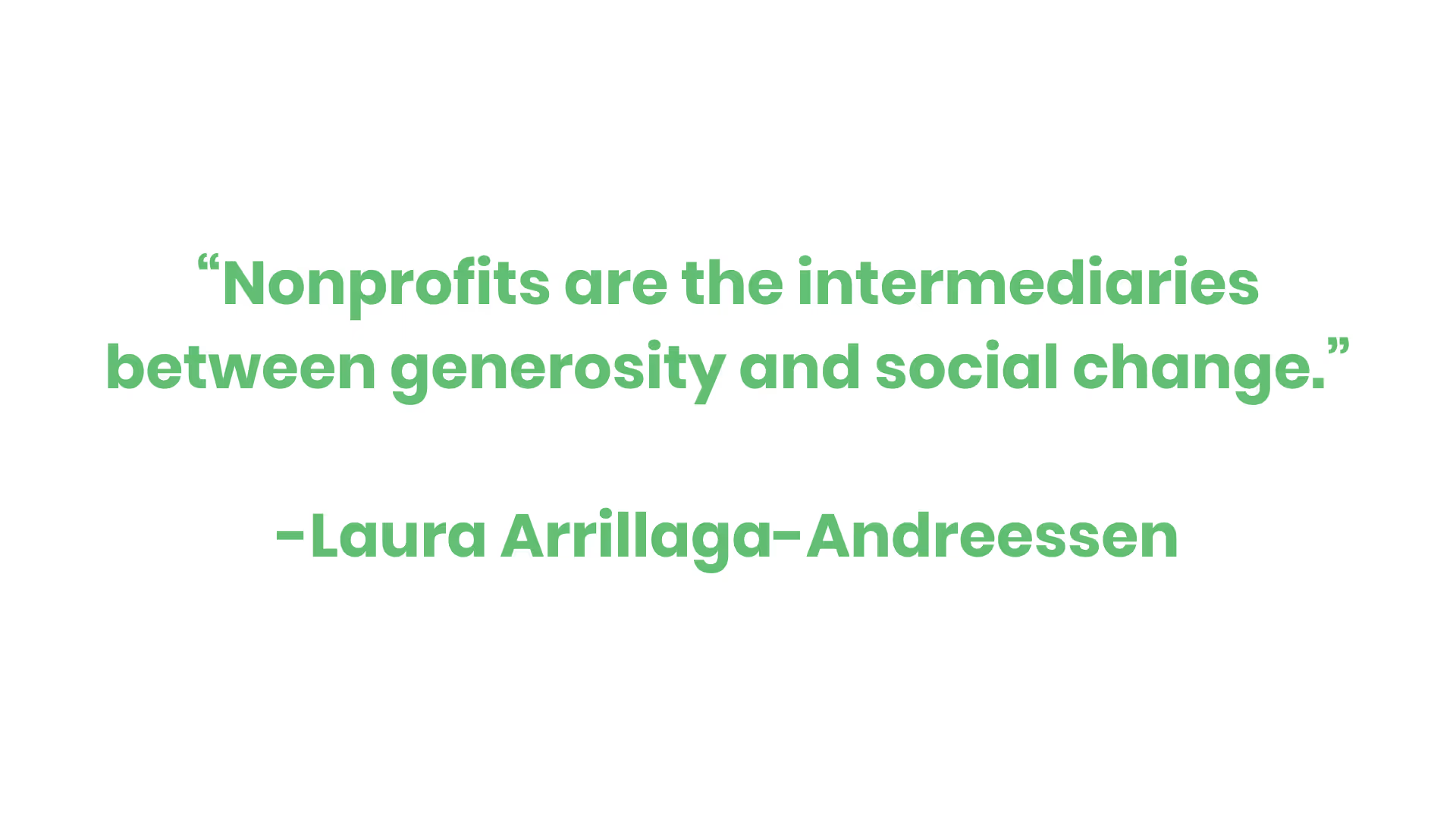
There are many different ways to support nonprofit organizations, including…
- Donation
- Volunteering
- Hosting events
- Attending events
In other words, supporting a nonprofit doesn’t start and stop at monetary donations. Spending any amount of time with these organizations that are working on the front lines to end human trafficking counts as support.
Way #5: Train Your Employees
The truth is that human trafficking awareness training as a legal requirement has started to get the attention of the US government.
Over the last couple of years, state governments enacted heavy training mandates on hospitality organizations.
These mandates include training employees on human trafficking awareness on an annual basis. At the time of writing, 11 states actively enforce this mandate on hospitality organizations.

Meanwhile, the government is getting ready to enact similar requirements additional industries. In fact, Michigan already has a human trafficking training requirement for nurses aspiring to receive their licenses.
Conclusion
National Human Trafficking Awareness Day is an important date that you should celebrate. It exists to shine a light on one of the biggest crime syndicates in the world with the hope to unite people to join the fight against it.
By reading this blog post, you’re already taking a step in the right direction in showing suppor. Yet, you can take your support further by participating in any of the activities I listed earlier.
The truth is that we can all play a part in raising awareness and working towards ending this human trafficking.
As human trafficking continues to be a global pandemic, it’s important to understand how we can fight against it.
To help, we’ve produced human trafficking awareness courses provide an interactive, comprehensive look at the root cause of human trafficking and how to create effective prevention strategies in the workplace. With knowledge and training, we can help raise awareness and support those affected by this crime.
Emphasize your product's unique features or benefits to differentiate it from competitors
In nec dictum adipiscing pharetra enim etiam scelerisque dolor purus ipsum egestas cursus vulputate arcu egestas ut eu sed mollis consectetur mattis pharetra curabitur et maecenas in mattis fames consectetur ipsum quis risus mauris aliquam ornare nisl purus at ipsum nulla accumsan consectetur vestibulum suspendisse aliquam condimentum scelerisque lacinia pellentesque vestibulum condimentum turpis ligula pharetra dictum sapien facilisis sapien at sagittis et cursus congue.
- Pharetra curabitur et maecenas in mattis fames consectetur ipsum quis risus.
- Justo urna nisi auctor consequat consectetur dolor lectus blandit.
- Eget egestas volutpat lacinia vestibulum vitae mattis hendrerit.
- Ornare elit odio tellus orci bibendum dictum id sem congue enim amet diam.
Incorporate statistics or specific numbers to highlight the effectiveness or popularity of your offering
Convallis pellentesque ullamcorper sapien sed tristique fermentum proin amet quam tincidunt feugiat vitae neque quisque odio ut pellentesque ac mauris eget lectus. Pretium arcu turpis lacus sapien sit at eu sapien duis magna nunc nibh nam non ut nibh ultrices ultrices elementum egestas enim nisl sed cursus pellentesque sit dignissim enim euismod sit et convallis sed pelis viverra quam at nisl sit pharetra enim nisl nec vestibulum posuere in volutpat sed blandit neque risus.

Use time-sensitive language to encourage immediate action, such as "Limited Time Offer
Feugiat vitae neque quisque odio ut pellentesque ac mauris eget lectus. Pretium arcu turpis lacus sapien sit at eu sapien duis magna nunc nibh nam non ut nibh ultrices ultrices elementum egestas enim nisl sed cursus pellentesque sit dignissim enim euismod sit et convallis sed pelis viverra quam at nisl sit pharetra enim nisl nec vestibulum posuere in volutpat sed blandit neque risus.
- Pharetra curabitur et maecenas in mattis fames consectetur ipsum quis risus.
- Justo urna nisi auctor consequat consectetur dolor lectus blandit.
- Eget egestas volutpat lacinia vestibulum vitae mattis hendrerit.
- Ornare elit odio tellus orci bibendum dictum id sem congue enim amet diam.
Address customer pain points directly by showing how your product solves their problems
Feugiat vitae neque quisque odio ut pellentesque ac mauris eget lectus. Pretium arcu turpis lacus sapien sit at eu sapien duis magna nunc nibh nam non ut nibh ultrices ultrices elementum egestas enim nisl sed cursus pellentesque sit dignissim enim euismod sit et convallis sed pelis viverra quam at nisl sit pharetra enim nisl nec vestibulum posuere in volutpat sed blandit neque risus.
Vel etiam vel amet aenean eget in habitasse nunc duis tellus sem turpis risus aliquam ac volutpat tellus eu faucibus ullamcorper.
Tailor titles to your ideal customer segment using phrases like "Designed for Busy Professionals
Sed pretium id nibh id sit felis vitae volutpat volutpat adipiscing at sodales neque lectus mi phasellus commodo at elit suspendisse ornare faucibus lectus purus viverra in nec aliquet commodo et sed sed nisi tempor mi pellentesque arcu viverra pretium duis enim vulputate dignissim etiam ultrices vitae neque urna proin nibh diam turpis augue lacus.




